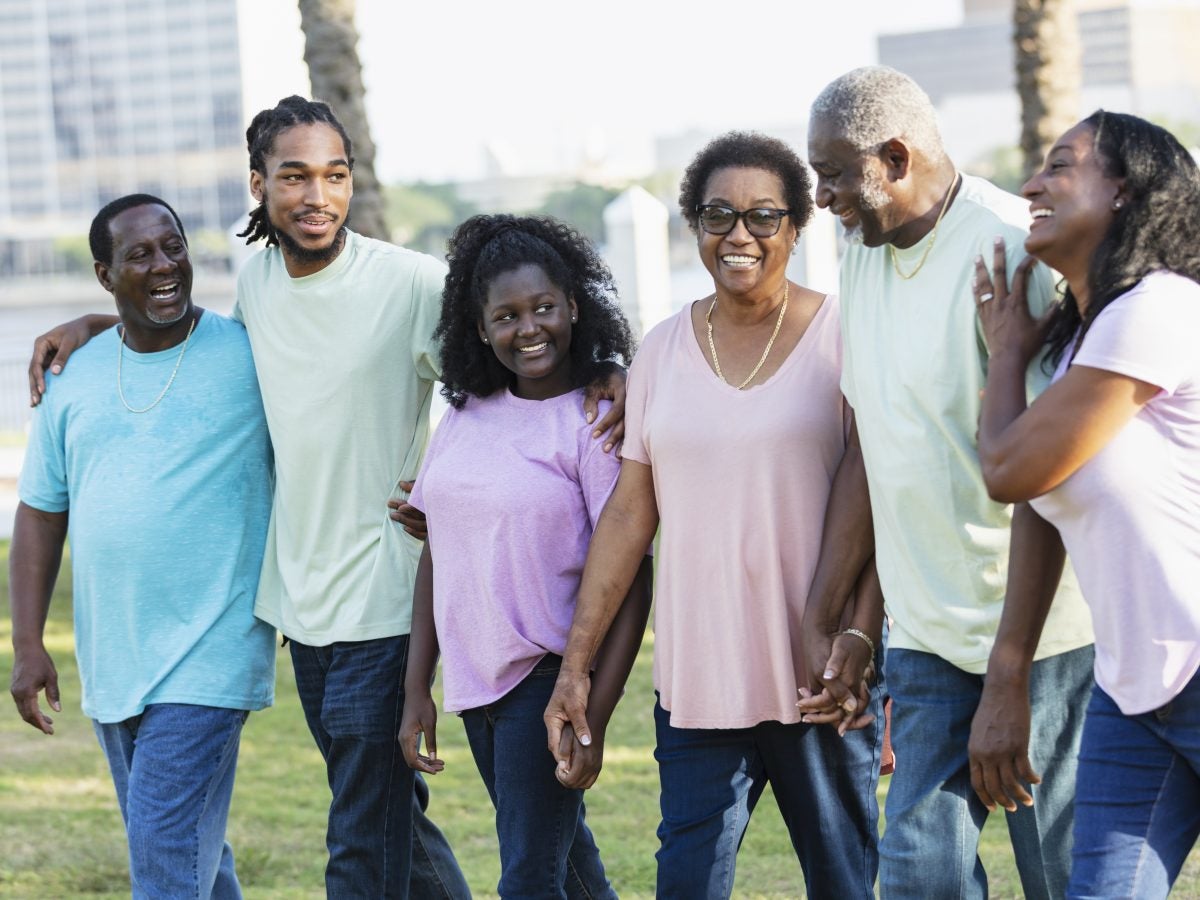
In our vibrant and tight-knit community, staying healthy is a shared responsibility that helps strengthen our collective well-being. COVID-19 has tested us in ways we never imagined, but with the right information and resources, we can continue to prioritize our health and the well-being of those we care about. Understanding the role of COVID-19 treatment options, especially for those at higher risk, is an important step in navigating this ongoing challenge. In this article, we’ll explore key points to consider and how we can work together to keep our community informed and ready.
1. Recognize Who is Most at Risk
Certain conditions, such as diabetes, heart disease, obesity, and mental health conditions such as depression can increase the risk of developing severe illness from COVID-19. With approximately 75% of adults in the United States having a risk factor for severe COVID-19, it’s essential to recognize the importance of early treatment at the start of symptoms.[1] The reality is that some people are at a higher risk of developing severe COVID-19, which can lead to hospitalization or worse.
Knowing whether you or a loved one is considered high-risk can empower you to take steps to be ready and act if COVID-19 affects you, your friends or family. By staying up to date on what treatment options are available and how to get access to those treatments, we can make informed choices to help our community.
2. Early Action Makes a Difference
If you or someone close to you tests positive for COVID-19 and falls into a high-risk category, taking early action is crucial. Seek advice from a healthcare provider right away. Timing is everything, and waiting too long can reduce the treatment options available to you.
For many, the idea of reaching out to a doctor might feel overwhelming, especially if symptoms seem mild at first. But even mild symptoms can progress quickly. Being informed and ready to act can save valuable time and help ensure that you’re getting the care you need when it matters most.
3. Know About Oral Treatment Options for COVID-19
There are a variety of treatment options for COVID-19, and it’s important to know what might be available if you’re at risk for severe illness. Make sure that you’re not only treating symptoms but also the illness itself. Have a conversation with your doctor about how treatment options work differently in your body.
Remember, your healthcare provider is your best resource for understanding whether a treatment may be appropriate based on your health factors and medical history. While treatment isn’t a replacement for other health measures, it’s one part of a broader strategy to support the health of our community.
4. Address Health Disparities Head-On
As of 2023, research shows that African Americans are disproportionately affected, experiencing higher rates of hospitalizations and deaths compared to White Americans.[2] Systemic health disparities are the result of various factors, including limited access to care, lack of information, and underlying conditions. These disparities make it even more important for us to advocate for ourselves and our loved ones. COVID-19 has brought these inequities into sharp focus, highlighting the urgent need for improved access to healthcare resources and information.
By encouraging loved ones to seek care for COVID-19 when needed, speaking to a doctor and knowing when to act, we can help close the gap in care. Ensuring that our community knows that treatment options are available and when to act can be a critical step toward empowerment.
5. Spread the Word and Stay Informed
When it comes to navigating COVID-19, knowledge is power. The more we share information about COVID-19 treatment options, the more we can build a collective sense of resilience and readiness. Trusted resources like the CDC’s COVID-19 resource page can help us understand who might be at high risk and when to act and see a health care professional.
It’s not just about individual health—it’s about supporting the entire community. By spreading awareness, encouraging timely action, and staying informed, we help each other stay informed.
If you test positive for COVID-19, don’t wait—reach out to your healthcare provider right away to discuss treatment options, regardless of what you use at home. Let’s keep our community vibrant and together!
___________________
[1] Ajufo et al. U.S. population at increased risk of severe illness from COVID-19. American Journal of Preventive Cardiology 6 (2021)
https://www.sciencedirect.com/science/article/pii/S2666667721000118?via%3Dihub
[2] Centers for Disease Control and Prevention. Risk for COVID-19 infection, hospitalization, and death by race/ethnicity. Updated May 25, 2023. Accessed September 24, 2024 https://archive.cdc.gov/www_cdc_gov/coronavirus/2019-ncov/covid-data/investigations-discovery/hospitalization-death-by-race-ethnicity.html